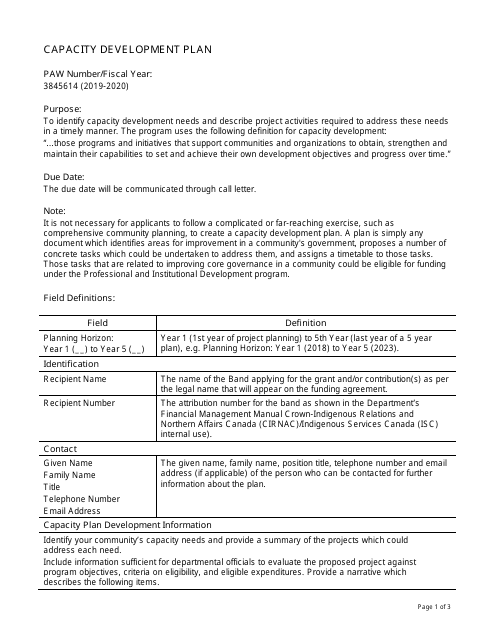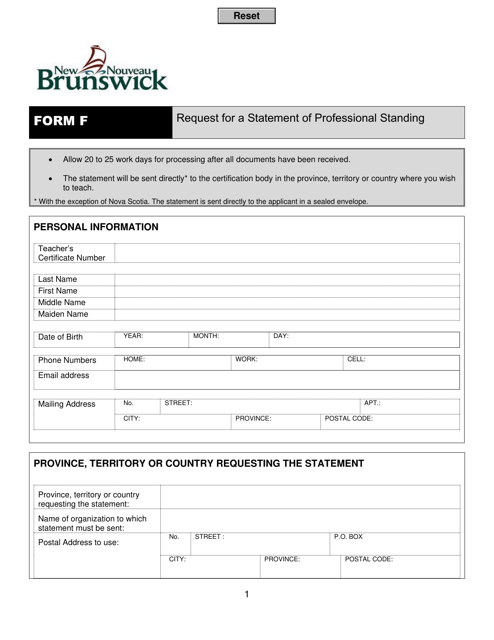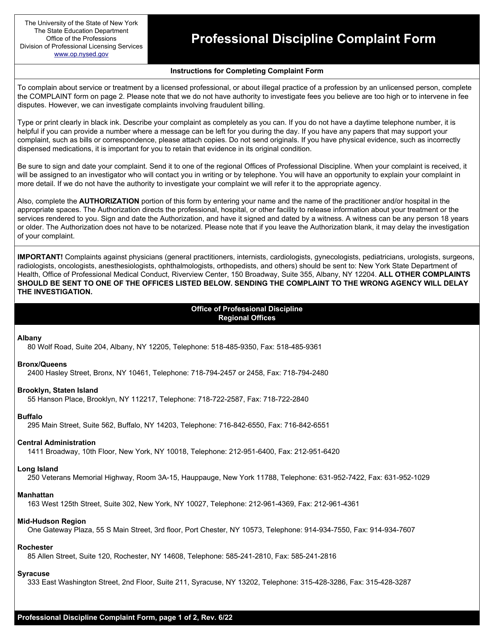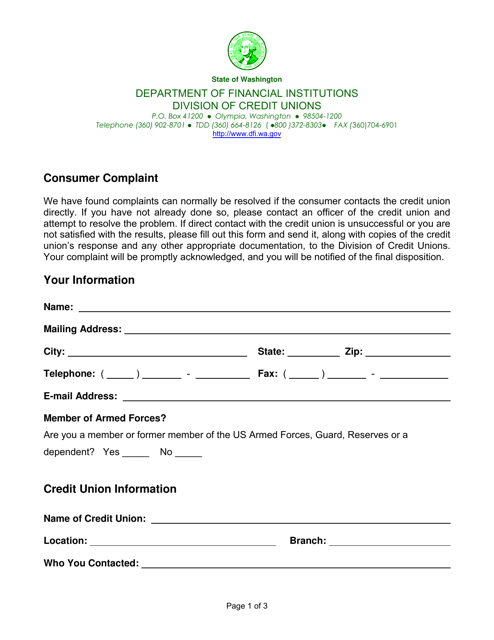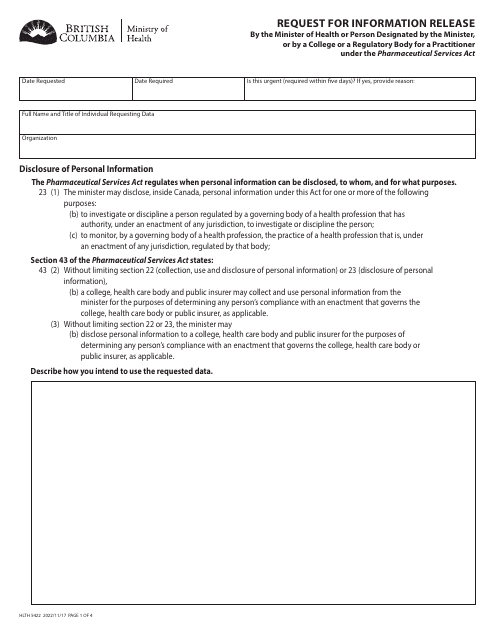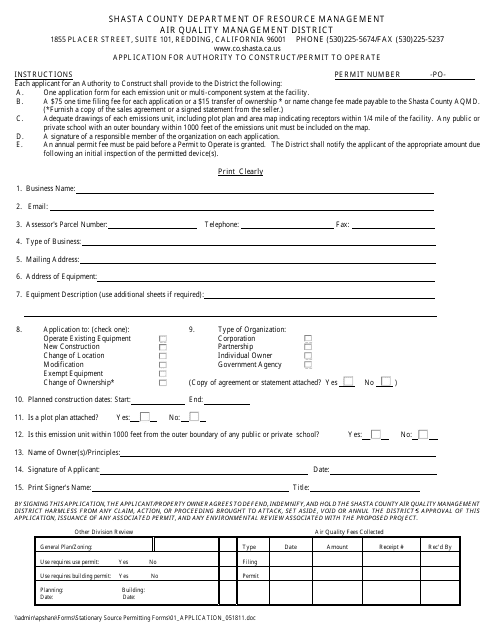Regulatory Bodies Templates
Regulatory Bodies - Ensuring Compliance and Safety
Regulatory bodies, also known as regulatory organizations or authorities, play a critical role in upholding standards, maintaining compliance, and promoting safety within various industries. These institutions are responsible for developing and implementing regulations, policies, and guidelines to ensure the well-being of consumers, professionals, and the public at large.
By closely monitoring and regulating different sectors, regulatory bodies aim to promote fair business practices, protect public health, and maintain the integrity of various professional industries. These organizations work diligently to establish and enforce rules that govern licensing, certification, and the conduct of professionals, businesses, and organizations.
Regulatory bodies have a wide jurisdiction, overseeing fields such as healthcare, finance, education, consumer protection, and more. Their primary goal is to maintain high standards for both individuals and organizations within their respective industries. These bodies collaborate with government agencies, industry stakeholders, and other relevant parties to develop comprehensive regulations and ensure adherence to them.
Whether you are a consumer seeking protection, a professional looking for guidance, or an organization navigating complex industry regulations, understanding the role and functions of regulatory bodies is crucial. These institutions provide oversight and establish a framework that promotes transparency, accountability, and ethical conduct.
Through their mandate, regulatory bodies enhance public trust and confidence in the sectors they govern. They also serve as a valuable resource for individuals and businesses seeking information, support, and guidance related to compliance and industry best practices.
In conclusion, regulatory bodies, or regulatory organizations, play a pivotal role in safeguarding consumers, professionals, and the public. They enforce regulations, monitor compliance, and promote safety within various industries. These entities work diligently to uphold standards and ensure that businesses and individuals operate in accordance with established guidelines.
Documents:
8
This document is used for creating a Capacity Development Plan in Canada. It provides instructions on how to fill out Form PAW3845614.
This document is for filing consumer complaints against a credit union in Washington state.
This form is used for obtaining permission to construct or operate a facility in Shasta County, California. It is required to comply with environmental regulations and ensure the safety of the facility.

